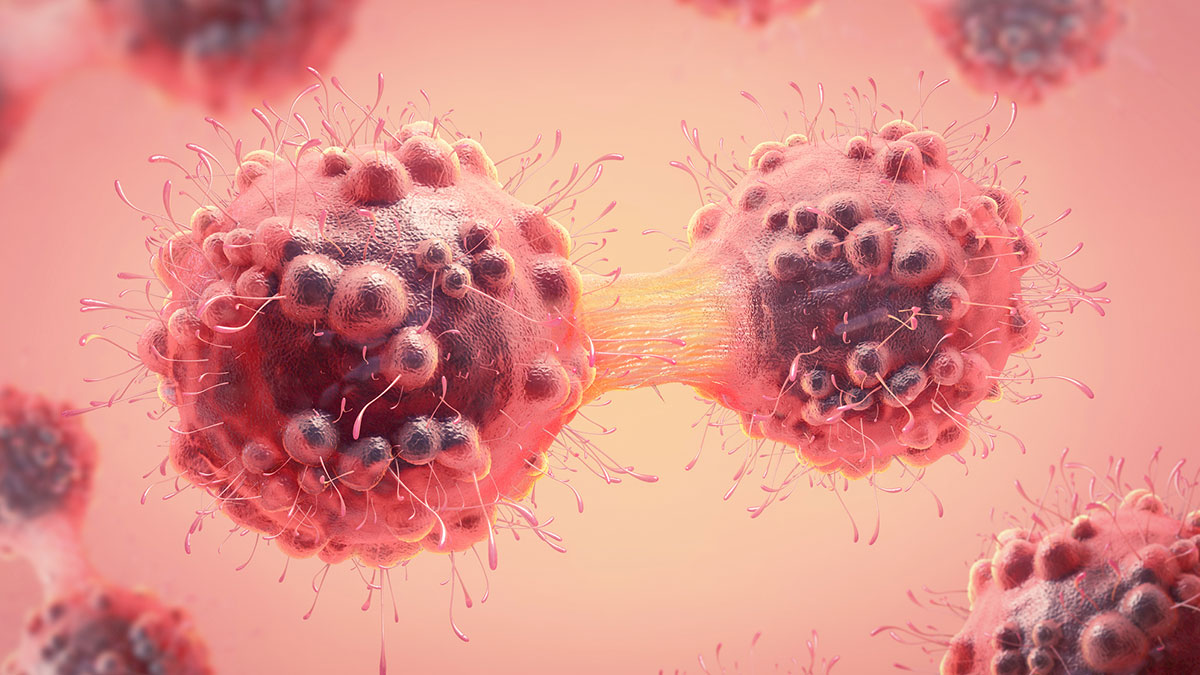Allogene set to disrupt CAR-T market with pivotal trial of 'off the shelf' therapy

In 2018, the former leadership of team from Kite Pharma founded Allogene, on a mission to outdo the CAR-T cancer cell therapies they had just sold to Gilead for $12 billion with an "off-the-shelf" rival that could be cheaper and easier to use.
Data announced ahead of this year’s American Society of Clinical Oncology (ASCO) conference suggest that Gilead and CAR-T rivals Bristol-Myers Squibb and Novartis better watch their backs as Allogene announced plans for a pivotal study this year.
Allogeneic or "off the shelf" cancer cell therapies are derived from a bank of cells and can be manufactured and administered in bulk like drugs.
Meanwhile the autologous CAR-Ts already approved and on the market require patients’ T-cells to be harvested and genetically modified to fight cancer, an expensive and time-consuming process.
Phase 1 results from the ALLO-501 lead candidate showed an overall response rate of 75% and a complete response rate 50% in a group of patients with large B-cell lymphoma (LBCL) and follicular lymphoma (FL) who had not previously received CAR-T.
The complete response rate was 36% in CAR-T naïve patients with LBCL, data described by a team of analysts at Jefferies as "solid".
They noted that it "checks all the boxes for compelling profile versus its autologous peers" adding that the safety profile of ’501 seems to be "clean".
Overall key opinion leaders viewed the safety profile it as "very tolerable and don’t see any outstanding risks over autologous CAR-Ts."
Another considerable advantage of allogeneic CAR-T products is that they can administered with a second booster shot, something that is not possible with autologous CAR-Ts.
The Jefferies analysts noted that across two studies, four patients were converted from a partial response to a complete response with the ALLO647 booster shot.
In its analysis Jefferies noted that when asked about the relative importance of attributes for non-Hodgkin lymphoma treatments, doctors prioritise efficacy and patient access.
"In comparison to autologous CARTs, allo-CART, or ‘off-the-shelf’ CART therapies have a unique advantage in broader patient access through addressing issues such as undesirable wait time, manufacturing failure, and high production cost," said the team led by equity analyst Kelly Shi.
In a separate note Jefferies analyst Michael Yee said that the strong data from the allogeneic therapies will prompt Gilead to expand the cancer cell therapy infrastructure it built following the acquisition of Kite.
A move into cell therapies for solid tumours, which marketed CAR-Ts cannot tackle, could be next, although continuing research into next-generation CAR-Ts could be an option.
However he added: "That said, (Gilead's rival CAR-T) Yescarta will also always have much longer durability (over 3 years now) and follow-up, more data and safety."
Led by former Kite execs Arie Belldegrun and David Chang, Allogene partnered with French firms Cellectis and Servier to develop allogeneic CAR-Ts, after buying out Pfizer and taking over its role in an R&D collaboration.











